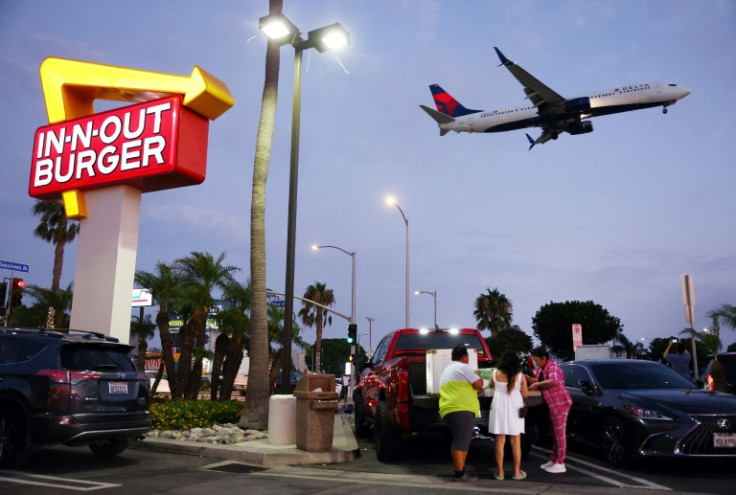
Delta Air Lines withdrew its full-year profit forecast Wednesday and shelved some planned capacity hikes, pointing to a weakening demand outlook amid recession worries and whipsawing trade wars.
The company is among the first to report its quarterly results since President Donald Trump's "Liberation Day" announcement of major tariffs on US trading partners that has roiled global markets.
The big US carrier's first-quarter profits edged above those in the year-ago period, but executives said they were adjusting strategy to fly fewer planes due to a more meager consumer environment in light of shifting tariff dynamics.
"With broad economic uncertainty around global trade, growth has largely stalled," said Delta Chief Executive Ed Bastian. "In this slower-growth environment, we are protecting margins and cash flow by focusing on what we can control."
Bastian expressed confidence in Delta's ability to navigate a downturn during a conference call with analysts.
The call also touched on travel trends with neighbors Mexico and China, and the impact of tariffs on its dealings with plane maker Airbus.
Delta will shelve plans to increase travel capacity in the second half of 2025, which is now projected as flat compared with last year, Bastian said.
Profits for the first quarter were $240 million, 18 percent above the year-ago level on a two percent rise in revenues to $14 billion.
On Wednesday, the company projected second-quarter revenues of between negative two percent and positive two percent, while profits of between $1.70 and $2.30 per share.
Delta isn't confirming 2025 projections due to the current uncertainty, saying it "will provide an update later in the year as visibility improves."
Company officials said there has been "significant" deterioration in bookings from Canada to the United States while the performance from Mexico has been "mixed."
There has not yet been a big pullback in travel to the United States from Europe or other international markets. But Delta garners only about 20 percent of its international travel revenues from outside the United States, limiting the impact of a pullback, company officials said.
Delta executives said they were hopeful a trade agreement between the United States and Europe could remove the threat of tariffs on Airbus planes ordered by the airline.
Airbus has "been a great partner," Bastian said. "But the one thing that you need to know we're very clear on is that we will not be paying tariffs on any aircraft deliveries we take," he said.
"If you start to put a 20 percent incremental cost on top of an aircraft, it gets very difficult to make the math work," he said.
While the United States has an overall trade deficit with Europe, Europe is by far a net importer in the aircraft and assorted goods category, Delta officials said.
Shares of Delta jumped 18.6 percent, with markets rallying aggressively after Trump announced he would suspend new tariffs on countries besides China.







